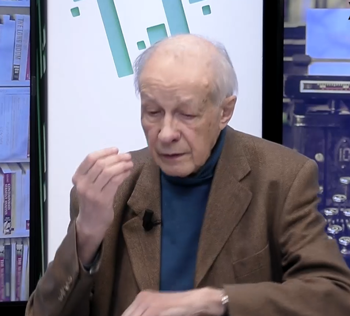Négociation tarifaire transatlantique : stratégie de listes « positive versus négative » pour l’Union européenne
Par Antoine Bouët, Lionel Fontagné, Houssein Guimbard, Pauline Wibaux, Yu Zheng
Comment identifier la menace de représailles commerciales permettant à l’Europe d’établir le meilleur rapport de force face aux États-Unis dans les seuls échanges de biens ?









